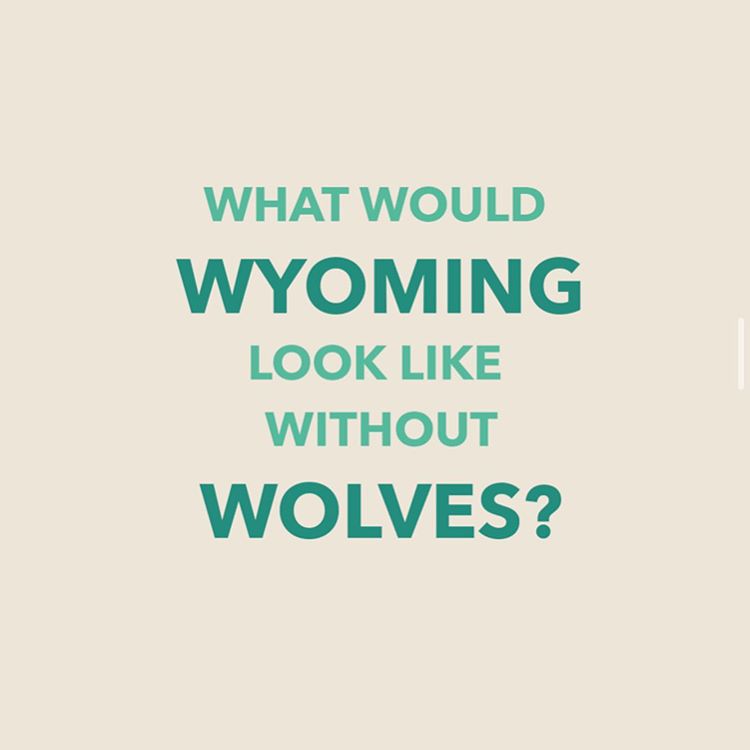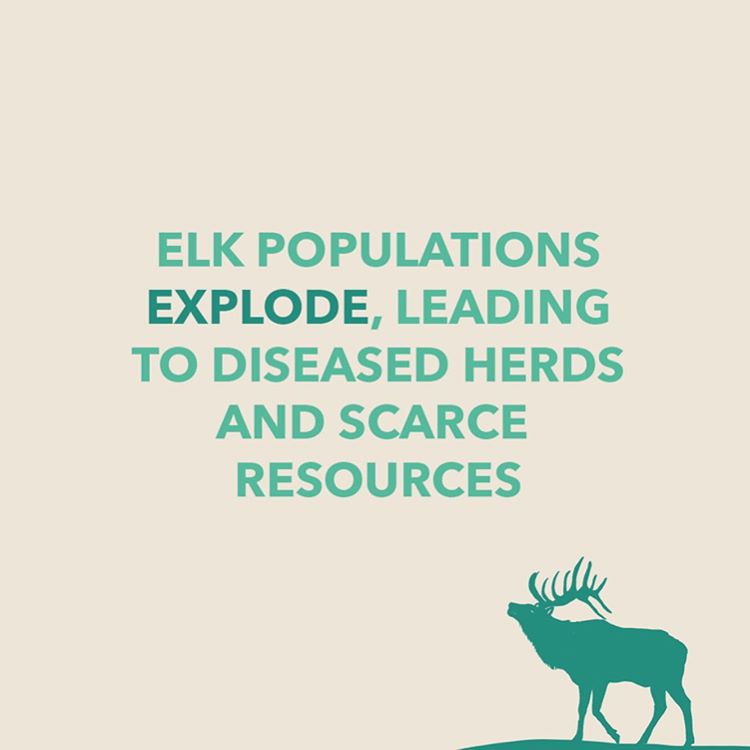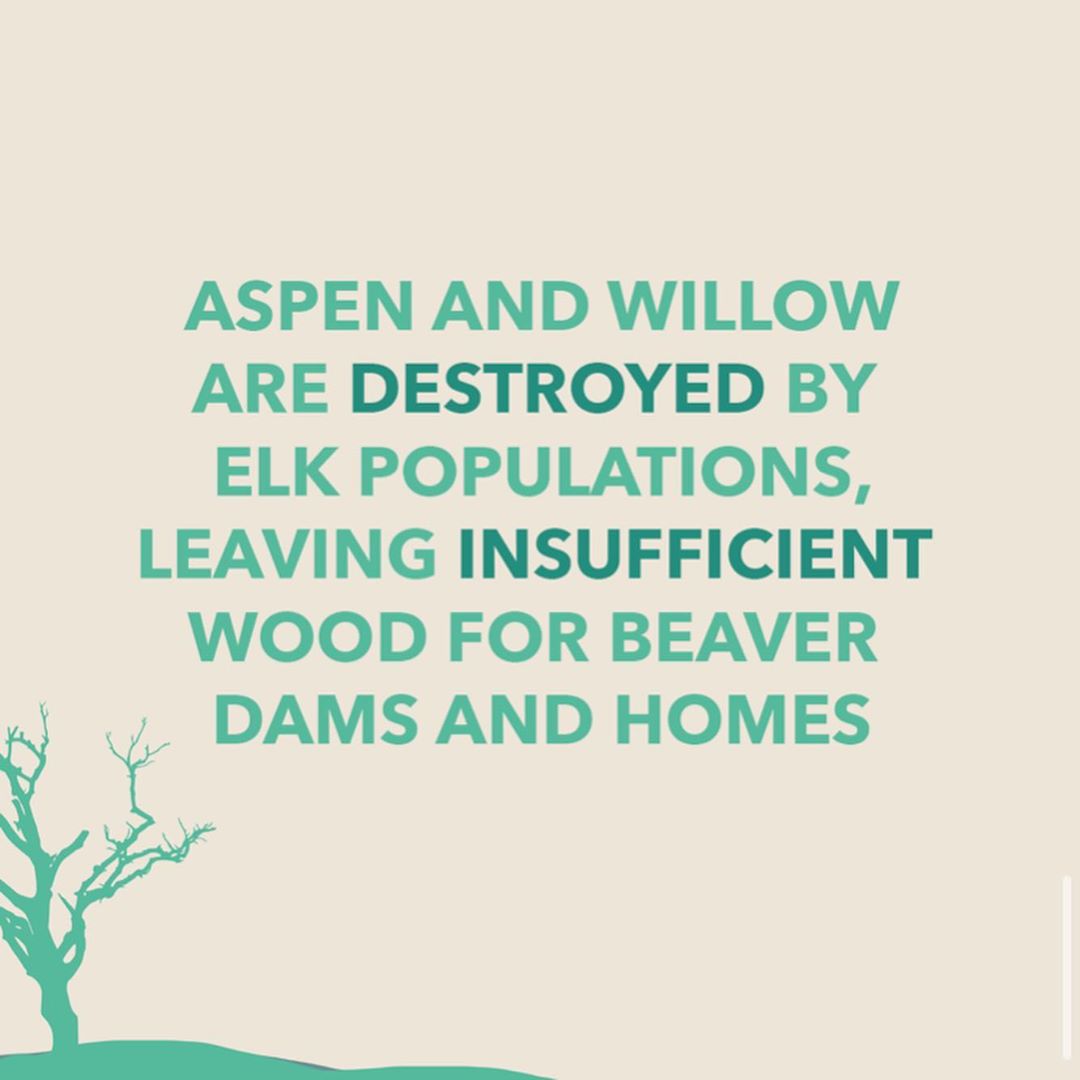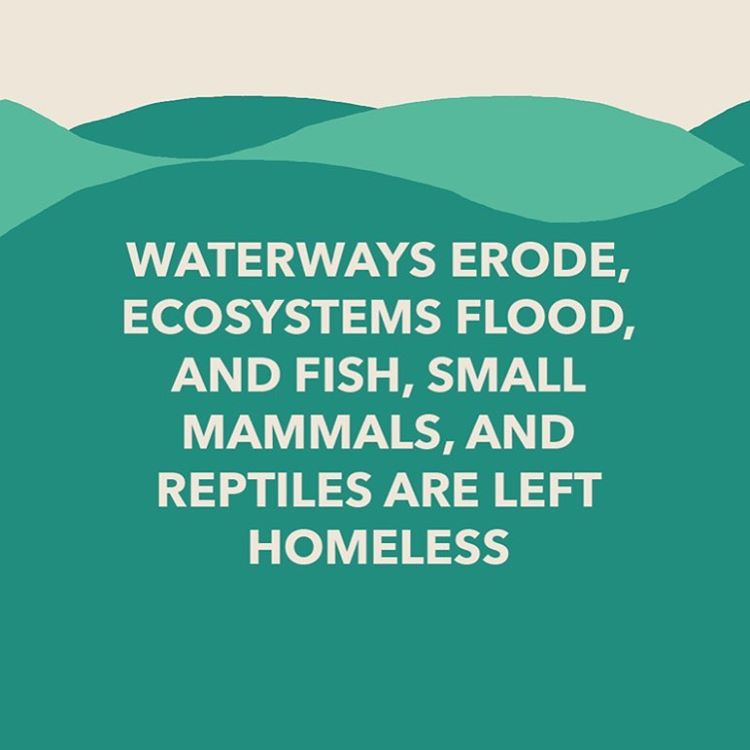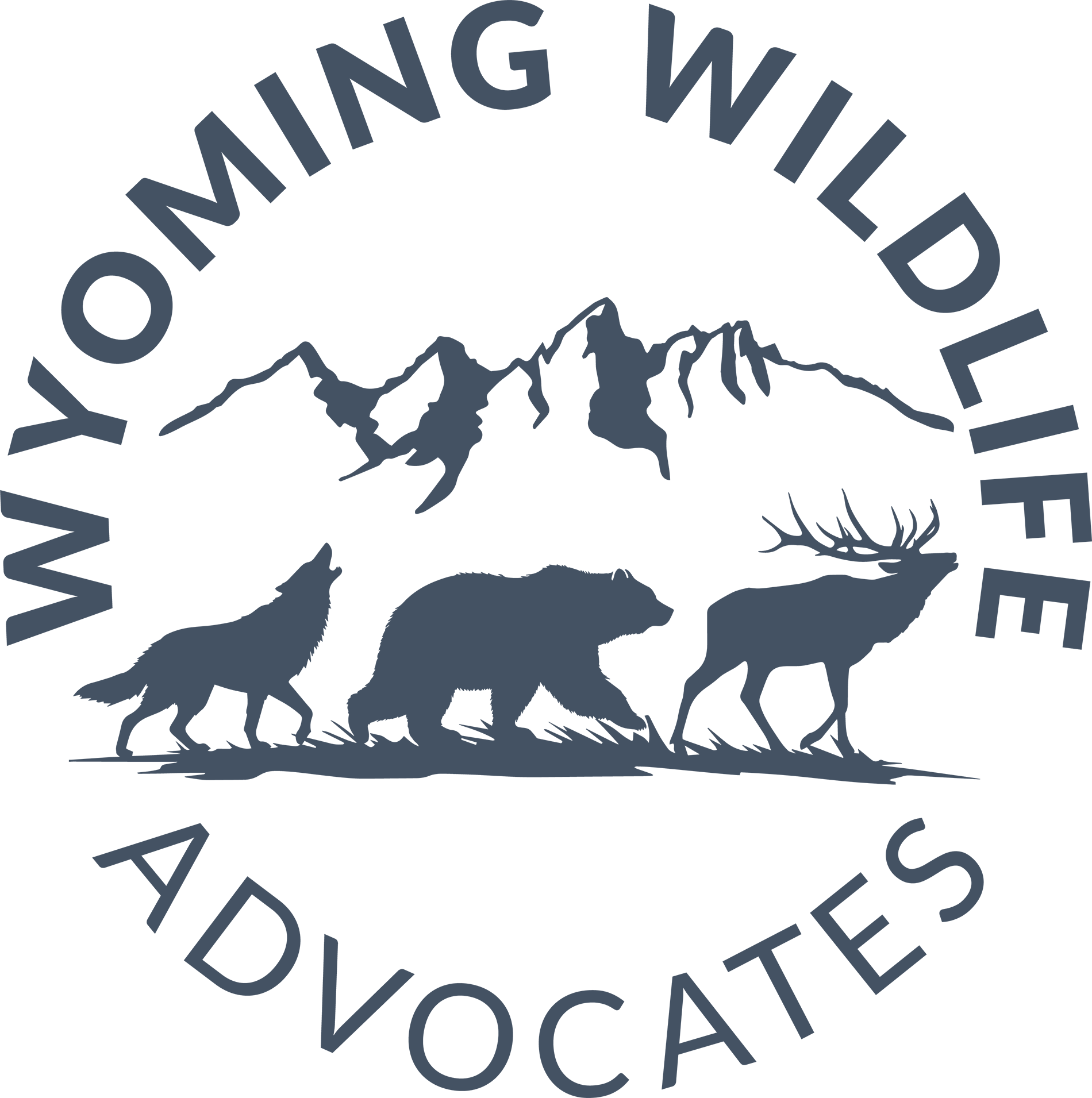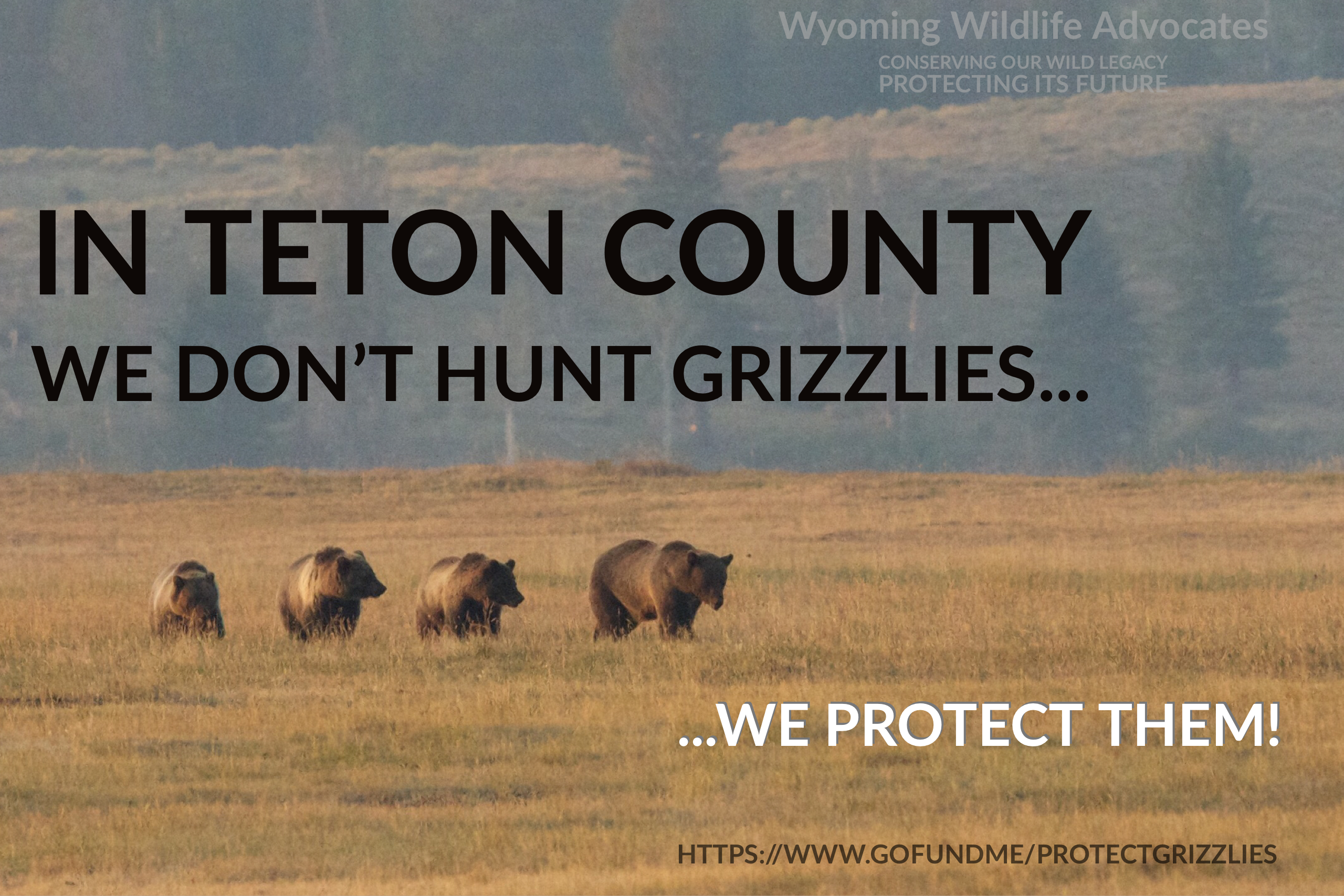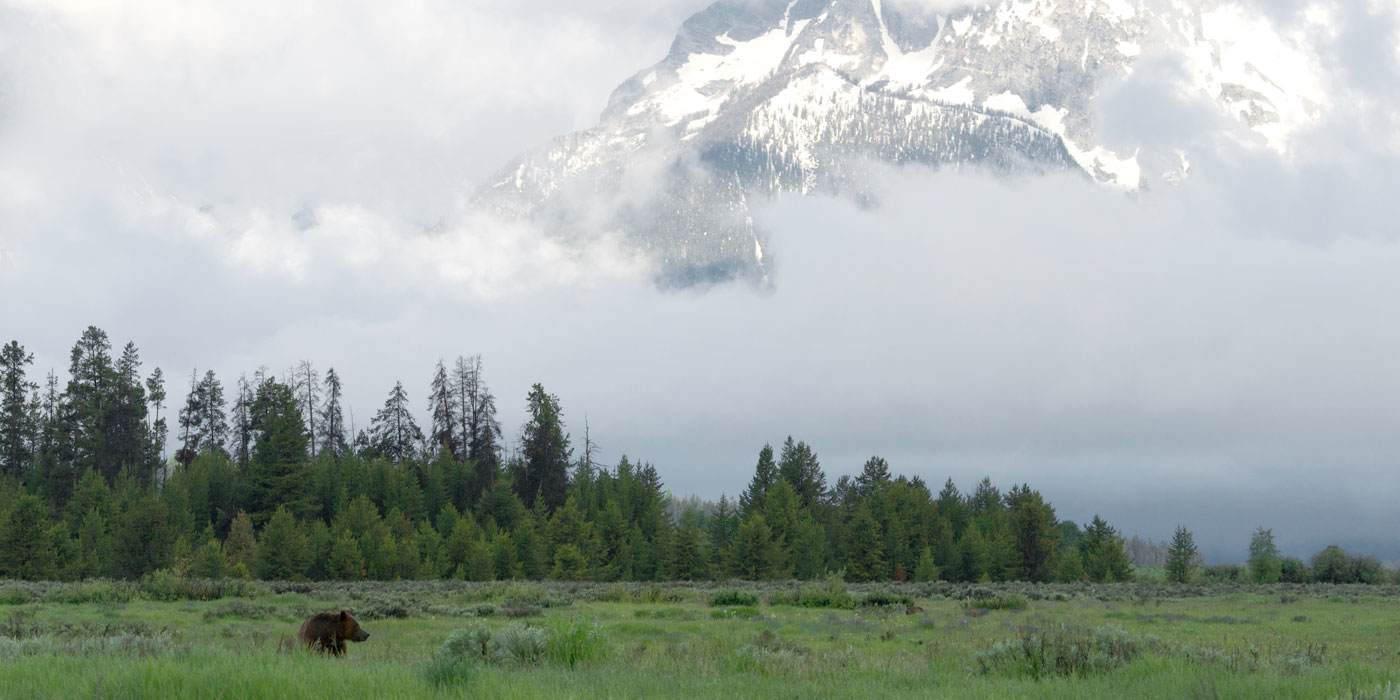This summer we have been thrilled to have the help of AmeriCorps volunteer, Grace Gorant. The AmeriCorps program is administered by Teton Science Schools with members extending their service to non-profits in the valley. Grace is a rising senior studying Environmental Anthropology at Barnard College in New York. A native of the East Coast, she found her love for the outdoors at summer camp in the Pocono Mountains. Grace has been working on curriculum development and managing our social media projects. I recently sat down with Grace to learn more about what motivates her and what she has learned in her time with WWA.
Q: What drew you to the AmeriCorps program?
A: When COVID-19 came around, there weren’t a lot of available opportunities for a girl from New Jersey to serve the outdoors and serve in the outdoors. As someone who’s really passionate about environmental issues, I was looking for a way to contribute this summer to things I cared about with all the free time the pandemic had given me and gain some experience in the process.
Q: What is it about the Greater Yellowstone Ecosystem that interests you? Why did you choose this place to volunteer?
A: I’ve only been west of the Mississippi once in my life, and that was to Arizona. People talk about the beauty of the Rockies and the culture that surrounds their conservation as something totally different than anything I’ve ever experienced. I have a dear friend who has spoken so fondly of Yellowstone and her time in Jackson Hole. I hope I get to make it out there someday soon.
Q: What have you learned about wildlife issues in Wyoming so far that has surprised you?
A: The complication involving elk feed grounds really surprised me — there are so many layers to that issue when it comes to the complicated biological dynamics of predators, prey, hunters, and livestock. What initially seems like it might be beneficial often can have adverse effects that harm the ecosystem, and so finding that balance of interference and letting the ecosystem take care of itself is tricky and something I definitely want to keep learning more about.
Q: What knowledge will you take with you from this experience that will help you in your career and other conservation efforts?
A: I think I’ve learned a lot about how hard it is to be heard in the conservation world, and how frustrating it can sometimes be when there are 11,000 voices shouting for change and they still don’t get heard. I think I’ve come to understand a lot about these systems of bureaucracy, and I’ve been inspired by the people who keep fighting despite them. I’ve learned that change can’t just happen on the level of a petition: if we want a more balanced ecosystem and a better world, we need to fight to educate the people in power and the people at large about how important and nuanced these issues are.
Q: What has been the most rewarding part of your service this summer?
A: It’s been really rewarding having something to do while stuck on lockdown that feels like it is contributing positively to the world at large. But I think the connections I’ve made and the people I’ve gotten to learn from have been such an important piece of things for me. I’ve been really happy to work with Kristin and catch up with her every week, and I feel very connected to a larger community of conservationists that I never knew existed — from the other organizations we work with to the people who comment celebration emojis on our good news instagrams. It’s a whole group of people bound together by this cause and passion for animals.
Q: What are you interested in doing for a career? Where do you see yourself in 10 years?
A: Ooh. Terrifying question. Environmental issues continue to be really important to me — I’m interested in understanding the cultural factors that go into the way we think about the natural world. I also love working with kids and helping to shift that culture by educating and getting involved with them. In 3 years? I’d love to be doing something that incorporates those two. In 10 years? I’d like to be wherever that takes me. I think at this stage it’s good to be open to any kind of related opportunity that might come my way.
Q: Your AmeriCorps service is a little different than you expected due to the pandemic. What has been a pleasant surprise or something you weren’t expecting that you’ve experienced with your term of service with WWA?
A: I think I’ve learned a lot in general, as we all have, about what the world looks like under a system of online communication. I’m surprised and impressed by how much mobilization can take place over social media, and how much of a resource online means have become for making change and implementing projects. I feel like I’ve been able to do a lot of meaningful work from all the way over here, and the slowing down of the world in a lot of senses has not made this work inaccessible, which has been really cool to realize. It makes me realize that there’s never a place or situation wherein I can’t contribute to things I care about in some way.
Q: After learning about wildlife issues in Wyoming, what advice would you have for anyone who would like to get involved in educating themselves further?
A: I’m lucky that I’ve been able to learn so much about these issues from the people at WWA — it was honestly almost like a cheat sheet. I think there’s a lot of great information on the WWA website that explains important issues in a really concise way. But I think the thing I learned the most is how quickly issues arise and change. Digital media can be a powerful tool for that — following pages on social media that post about conservation issues has made it easier for me to stay afloat in the constantly shifting landscape of complicated bureaucracy that surrounds many of these issues.
We are grateful for all of Grace’s support and assistance over the summer and wish her nothing but the best in her future endeavors. We just know she will be a force for positive change in the world. Thank you Grace!
Here are some of the educational Instagram posts Grace developed during her time with us. Visit our Instagram page to see more.
